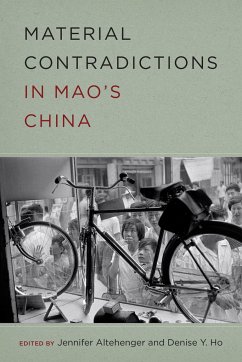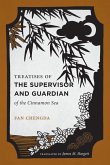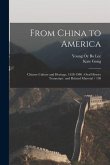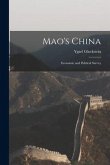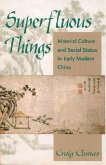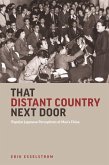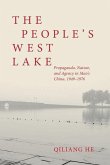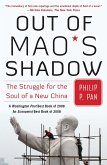"The world is well aware of the dramatic rise of markets and consumerism in China's post-Mao era of political and economic reform. By contrast, the Mao period (1949-1976)-rightly framed as a time of scarcity-initially appears to have had little material culture to speak of. But availability of fewer commodities does not mean a lack of material culture. A wide range of materials, objects, and practices comprised the fabric of everyday life in Maoist China, as industries were invented and reinvented at the level of material and products, from bamboo to bricks, and from pickles to wristwatches. People attributed great meaning to material and objects often precisely because they were rare and difficult to obtain. This first volume devoted to material culture of the period explores the paradox of consumption under Chinese Communist Party rule and illustrates how central materiality was to individual and collective desire, social and economic construction of the country, and projections of an imminent socialist utopia in reach of every man and woman, if only they worked hard enough. Chapters focus on materials, how things were produced, how they circulated, and how they were used. Together, they suggest that new understandings of material culture helped to shape the socialist subject, while also calling into question our standard definitions of what Maoist socialism was and how it was experienced"--

